Nettsider med emneord «Environmental Humanities»
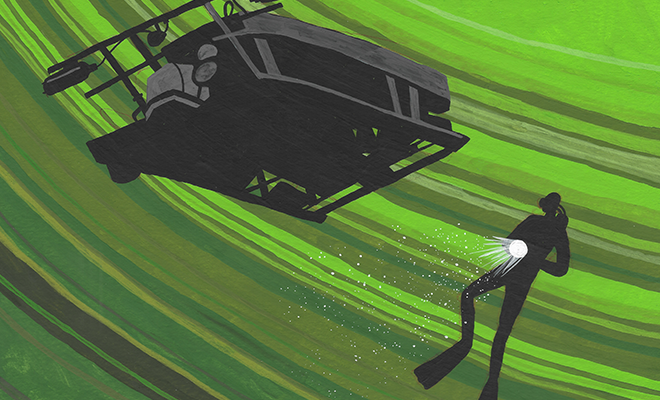
This talk by contemporary historian Tirza Meyer will be a presentation of the project ‘Humanoid Oceans’ that seeks to explore the history of what happens to the oceanic environment when humans venture into the ocean with the help of technology.

New OSEH Associate Professor II, Michelle Bastian, will discuss her current fellowship project which will build connections with phenology, the study of lifecycle timing in plants and animals, and humanities research.
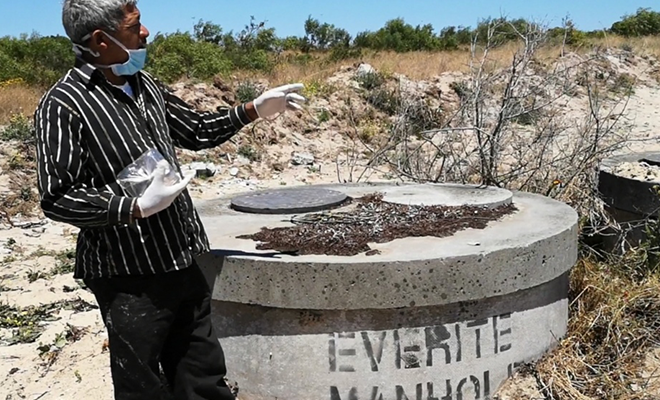
In this talk, environmental anthropologist Dr. Nikiwe Solomon explores how particular assumptions built into the design of infrastructure, as well as the bureaucratic and techno-managerial approaches used to build said infrastructure, often take for granted the social consequences of infrastructure’s day-to-day (mal)functioning.
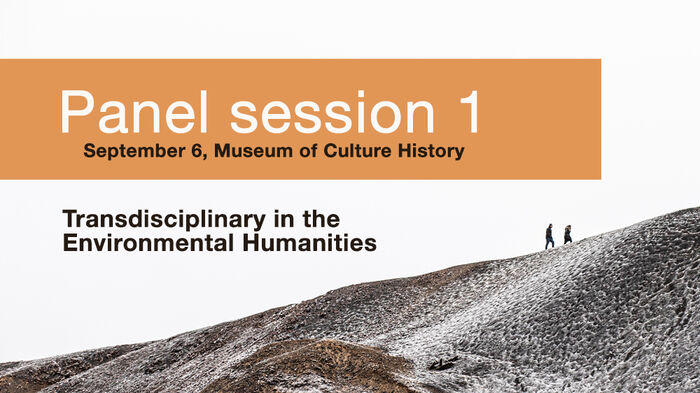
This panel explores how transdisciplinary artistic practice, history and theory can contribute to the environmental humanities through aesthetic modes of visualization of planetary information. What is the visual art’s role and contribution to new perspectives for the environmental humanities?

What is an artistic intervention in environmental humanities? What can art offer as a site for exploration? In this panel, performative artists, museologists and film makers discuss uses of art, objects, and the making of an issue.
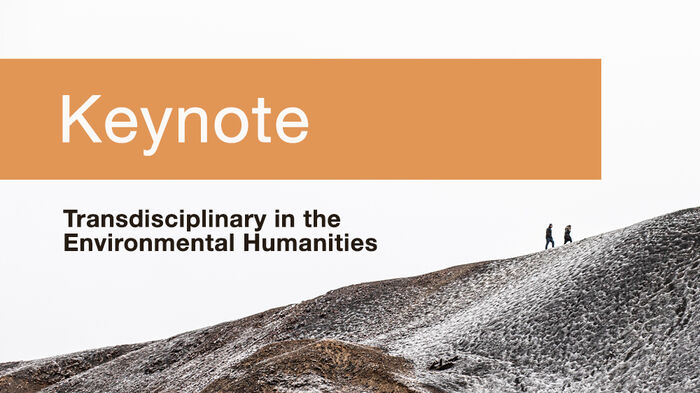
In this keynote by Dolly Jørgensen, she argues for the need to recognize and discuss three different types of transdisciplinary research in the humanities: the many, the one, and the collective.

The Oslo School of Environmental Humanities started in spring 2019 with the aim of facilitating and strengthening humanistic research on the environmental crisis that crosses disciplines and creatively respond to the environmental and social challenges of our time. Here is a recap of the first 12 months of OSEH and the initiative's activities.

We are excited to announce the new lecture series: "New Environmental Archaeologies - Anthropocene Agendas for Environmental Archaeology”.
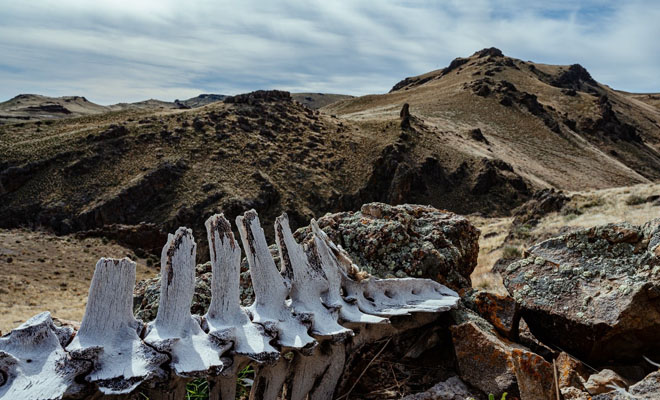
What if we looked at the deep future as a collaborative multi-species project? This collaboratory brings together people interested in the exploration of deep time using playful storytelling practices like Nordic LARP and other forms of role-play.
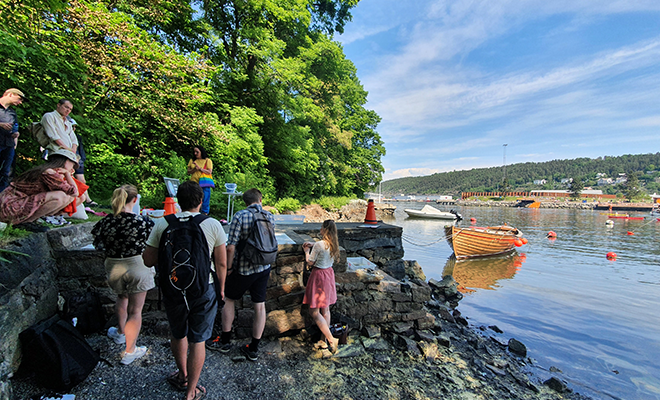
On the 5th of June, 2021, the students at the Honour's Certificate met up with the Oslo Fjord School. The learning focus of the excursion was on the underwater multispecies lives of the Oslo fjord and "Underwater Urbanity".
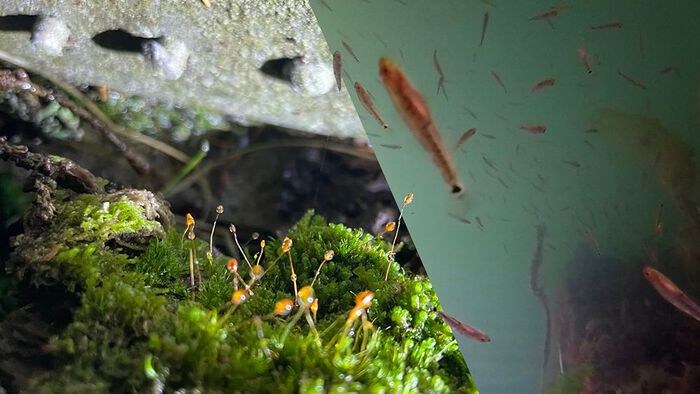
The Oslo School of Environmental Humanities hosted its first ever Knowing Natures Eco-Slam on 3 December 2021, an open drop-in exhibition with presentations and performances by the EHS Honours students.
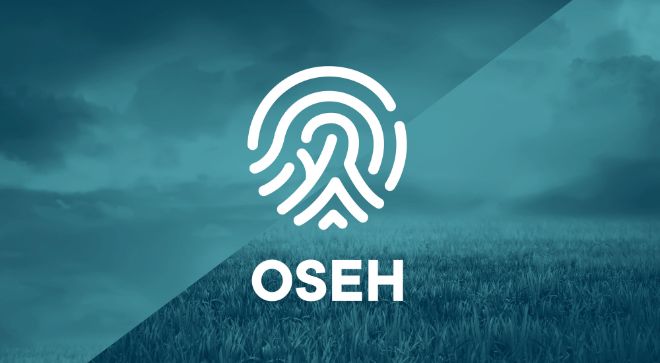
On the 30th of November 2021, the University of Oslo held the annual Conference of Education where OSEH Director, Ursula Münster, was the Keynote speaker.

Plants co-shape the places in which they dwell, and the lives and desires of those dependent upon them. This panel discusses literary explorations of cultural, material, and spiritual human-plant relations in localities within Japan, Scandinavia, and Australia.
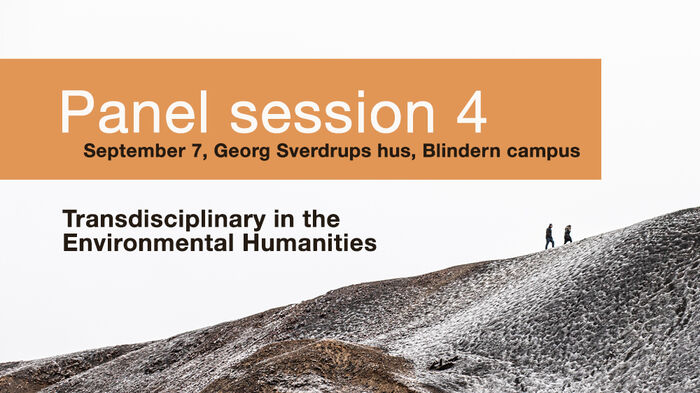
These papers explore examples of environmental storytelling, and asks what environmental storytelling can do. How does such initiatives tap into our imaginaries, or offer re-imaginations?

This panel approaches interdisciplinarity from a broad range of perspectives, including environmental governance, climate politics, botanics, cybernetics, and science history. Are there commonalities in how we engage interdisciplinarity, and how do we consider its methodological challenges?
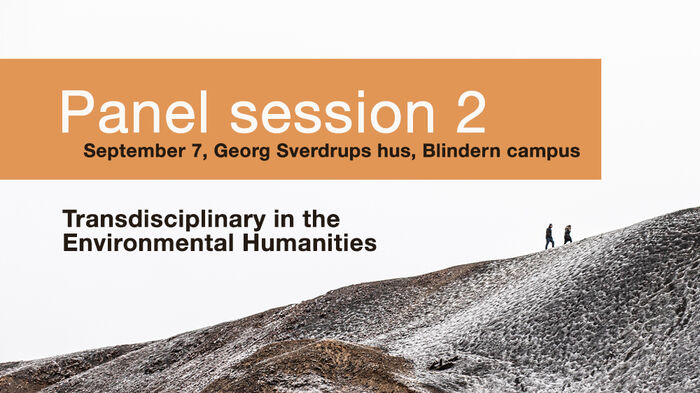
Academics are looking for possible combinations of methodological interventions which could be helpful in devising solutions and strategies for survival and healing in the global environmental crisis. In this panel the researchers will share their paths towards combining, extending and shifting their research methods. Through the discussion, the presenters of the panel are looking for new methodological possibilities for facing the unknown known.
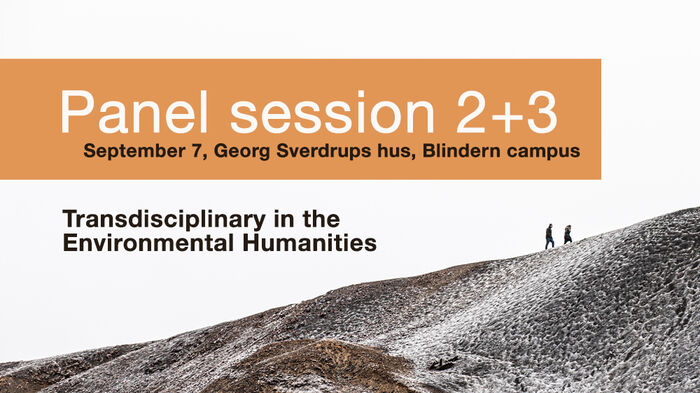
In this session, we invite participants working across environmental humanities and other disciplines to reflect on their experiences of ‘soiling’ different areas of research. What happens when soils are brought into the research arena as agential, as consequential? How can healthy soil become not only a metaphor but a driver for transdisciplinary action for social change?
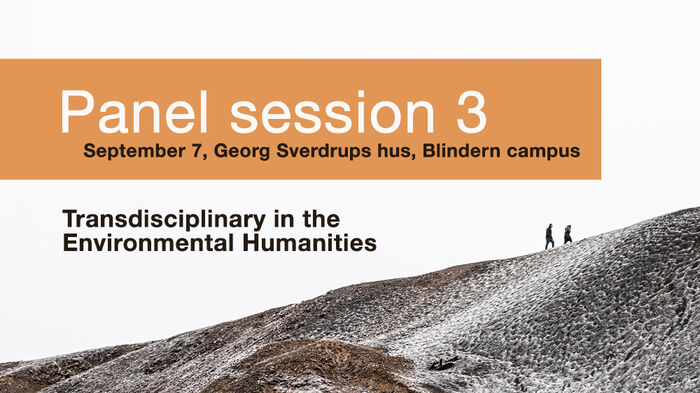
In this panel we ask, how to read science through fiction, and can such readings provide us a way to understand the relationship between literature and environment?

This panel brings together junior researchers working in different parts of the globe and on diverse maritime issues, with the aim to discuss new interactions and underappreciated entanglements between humans and non-human inhabitants of the ocean.

This panel will address long-term aspects of interactions between ecological and material foundations of societies, forms of biological and cultural coexistence, and the interdependence of people and the non-human world, specifically in the shores and oceans of the world, through the lens of the arts and the humanities, aiming at pluralizing and un-disciplining the established paradigms of marine science and conservation.

In this panel, six doctoral scholars from varied disciplines present their research and discuss how generating oceanic knowledge for action requires transdisciplinary engagement.

Join us online for the Bionic Natures x Digital Ecologies workshop on Friday April 21st!
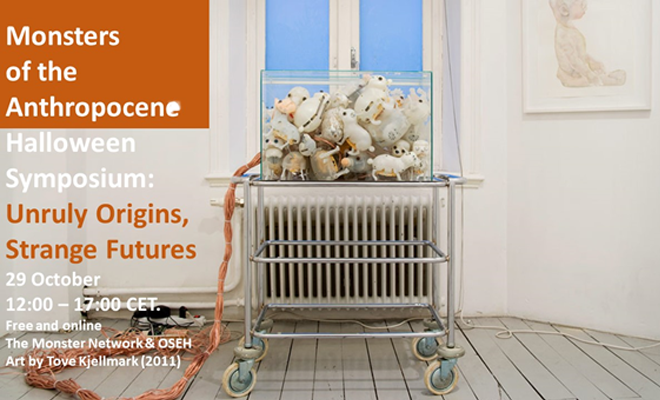
What do the futures of monster theory hold? And what stories can we tell about its origins? ‘Unruly Origins, Strange Futures’ explores the pasts and futures of thinking with monsters through art, politics, storytelling and scholarship.
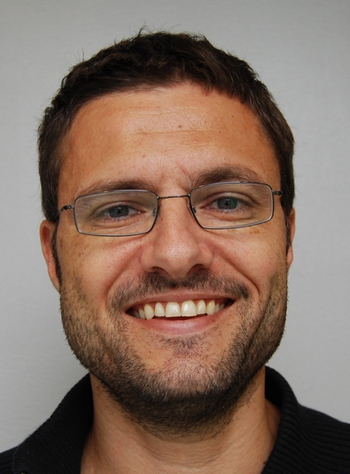
What can the medium of photography contribute to our understanding of industrial whaling’s first oil age, and maybe to our relationship to our present mineral age? Espen Ytreberg, Professor of Media Studies at the University of Oslo, will give a talk based on his recent research on Norwegian whaling.
